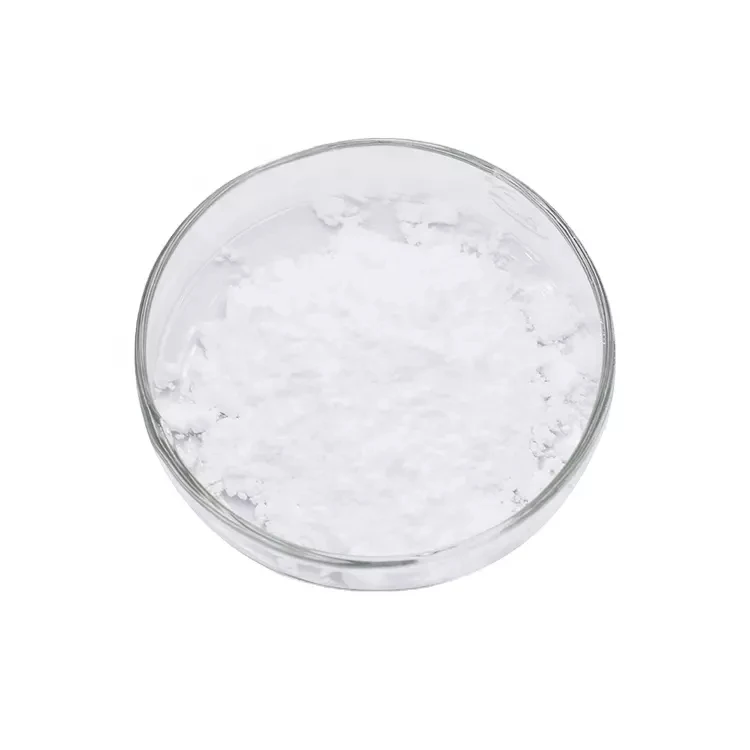Warning: Undefined array key "title" in /home/www/wwwroot/HTML/www.exportstart.com/wp-content/themes/1198/header.php on line 6
Warning: Undefined array key "file" in /home/www/wwwroot/HTML/www.exportstart.com/wp-content/themes/1198/header.php on line 7
Warning: Undefined array key "title" in /home/www/wwwroot/HTML/www.exportstart.com/wp-content/themes/1198/header.php on line 7
Warning: Undefined array key "title" in /home/www/wwwroot/HTML/www.exportstart.com/wp-content/themes/1198/header.php on line 7
- Afrikaans
- Albanian
- Amharic
- Arabic
- Armenian
- Azerbaijani
- Basque
- Belarusian
- Bengali
- Bosnian
- Bulgarian
- Catalan
- Cebuano
- China
- China (Taiwan)
- Corsican
- Croatian
- Czech
- Danish
- Dutch
- English
- Esperanto
- Estonian
- Finnish
- French
- Frisian
- Galician
- Georgian
- German
- Greek
- Gujarati
- Haitian Creole
- hausa
- hawaiian
- Hebrew
- Hindi
- Miao
- Hungarian
- Icelandic
- igbo
- Indonesian
- irish
- Italian
- Japanese
- Javanese
- Kannada
- kazakh
- Khmer
- Rwandese
- Korean
- Kurdish
- Kyrgyz
- Lao
- Latin
- Latvian
- Lithuanian
- Luxembourgish
- Macedonian
- Malgashi
- Malay
- Malayalam
- Maltese
- Maori
- Marathi
- Mongolian
- Myanmar
- Nepali
- Norwegian
- Norwegian
- Occitan
- Pashto
- Persian
- Polish
- Portuguese
- Punjabi
- Romanian
- Russian
- Samoan
- Scottish Gaelic
- Serbian
- Sesotho
- Shona
- Sindhi
- Sinhala
- Slovak
- Slovenian
- Somali
- Spanish
- Sundanese
- Swahili
- Swedish
- Tagalog
- Tajik
- Tamil
- Tatar
- Telugu
- Thai
- Turkish
- Turkmen
- Ukrainian
- Urdu
- Uighur
- Uzbek
- Vietnamese
- Welsh
- Bantu
- Yiddish
- Yoruba
- Zulu
Oct . 17, 2024 01:05 Back to list
menthol what is it
What is Menthol?
Menthol is a naturally occurring compound commonly found in peppermint and other mint plants. It is a clear crystalline substance that gives mint its characteristic cooling sensation and refreshing aroma. Scientifically classified as a cyclic monoterpene alcohol, menthol has a complex chemical structure that contributes not only to its unique sensory properties but also to its diverse applications in various industries.
The Origins of Menthol
Menthol was first isolated from peppermint oil in the late 18th century. Since then, its refreshing properties have been harnessed extensively in food, cosmetics, and pharmaceutical products. While naturally sourced menthol is prized for its aromatic and therapeutic qualities, synthetic production methods have made it more accessible and less expensive, leading to widespread use in consumer products.
Sensory Effects
One of the most fascinating aspects of menthol is its ability to create a sensation of cooling without actually lowering the temperature. This occurs because menthol activates the TRPM8 receptor, which is sensitive to cold stimuli. The resulting cooling effect can be soothing, making menthol a popular ingredient in various topical ointments, creams, and gels. Pain relief products often incorporate menthol for this reason, as it provides a temporary numbing effect that can alleviate discomfort from conditions like muscle soreness or minor skin irritations.
Culinary Uses
menthol what is it

In the culinary world, menthol is an essential ingredient in many foods and beverages. It is often used in candies, chewing gum, and mint-flavored desserts. The fresh taste and aroma of menthol can enhance the sensory experience of eating and drinking, making it a popular choice for flavoring various products. Additionally, menthol tea, made from mint leaves, is not only refreshing but is also believed to have digestive benefits.
Health Benefits
Beyond its sensory appeal, menthol possesses several health benefits. It is well-known for its role in cold and flu medications, where it acts as a decongestant and cough suppressant. Its ability to relax respiratory muscles and provide a cooling effect can offer relief from symptoms associated with colds, allergies, and sinus infections. Moreover, menthol is often used in oral care products, such as toothpaste and mouthwash, due to its antiseptic properties and its ability to freshen breath.
Safety and Considerations
While menthol is generally considered safe for consumption and topical use, it is essential to adhere to recommended dosages, especially in concentrated forms. Some individuals may experience skin irritation or allergic reactions. Pregnant or breastfeeding women should consult healthcare professionals before using menthol-containing products.
Conclusion
In summary, menthol is a versatile compound with a rich history and a wide array of applications. From its sensory effects that provide cooling relief to its health benefits in medications, menthol continues to play a significant role in enhancing our everyday experiences. Whether in the realm of culinary delights, medicinal products, or personal care items, menthol remains an integral ingredient that many people rely on for comfort and refreshment.
Latest news
-
Certifications for Vegetarian and Xanthan Gum Vegetarian
NewsJun.17,2025
-
Sustainability Trends Reshaping the SLES N70 Market
NewsJun.17,2025
-
Propylene Glycol Use in Vaccines: Balancing Function and Perception
NewsJun.17,2025
-
Petroleum Jelly in Skincare: Balancing Benefits and Backlash
NewsJun.17,2025
-
Energy Price Volatility and Ripple Effect on Caprolactam Markets
NewsJun.17,2025
-
Spectroscopic Techniques for Adipic Acid Molecular Weight
NewsJun.17,2025

